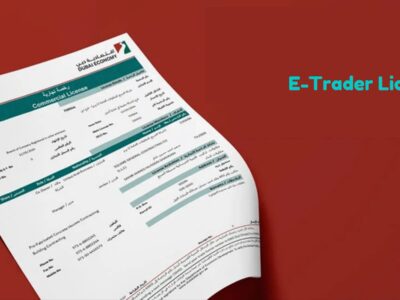In today’s environmentally-conscious world, managing waste effectively at the workplace is not just a matter of regulatory compliance; it’s a commitment to sustaining our planet for future generations. Businesses, regardless of their size, play a pivotal role in this endeavour. By adopting smarter waste management practices, companies can significantly reduce their environmental footprint, save resources, and even cut costs. Here’s how you and your organisation can better manage waste at work.
Conduct a Waste Audit
The first step towards effective waste management is understanding the type and amount of waste your company produces. Conducting a waste audit involves collecting data over a specified period to identify what is being thrown away. This process helps in pinpointing areas for improvement and developing a targeted strategy to reduce waste production.
Implement Recycling Schemes
Recycling should be at the heart of any waste management strategy. Encourage employees to segregate waste by setting up clearly labelled recycling bins for paper, plastics, metals, and organic waste. Partner with local recycling facilities to ensure that the collected waste is processed correctly. Education is key; provide training sessions or workshops to educate staff on the importance of recycling and how to do it properly. Alternatively, work with a company that offers waste management in Scotland.
Reduce Paper Usage
In the digital age, reducing paper consumption is easier than ever. Encourage digital documentation and communication to minimise the need for printing. If printing is necessary, set printers to double-sided printing as default. Also, consider using recycled paper and recycling ink cartridges.
Promote Reusable Containers
Disposable cups, plates, and cutlery contribute significantly to office waste. Encourage employees to use reusable containers, cups, and utensils. Provide incentives, such as discounts at the company cafeteria or coffee shop for using reusable items. This not only reduces waste but also promotes a culture of sustainability within the organisation.
Manage Electronic Waste
With the rapid pace of technological advancement, electronic waste (e-waste) is a growing concern. Implement policies for the proper disposal of e-waste by partnering with certified e-waste recycling companies. Consider donating old but functional equipment to schools or non-profit organisations.
Implement a Composting Scheme
If your workplace generates a significant amount of organic waste, consider starting a composting program. Composting can turn organic waste into valuable soil conditioner, which can then be used in company gardens or donated to community gardening projects.
Encourage Supplier and Customer Participation
Waste management doesn’t end within the confines of your office. Engage with suppliers to reduce packaging and encourage customers to return or recycle products at the end of their life cycle. By working together, you can extend the reach of your waste management efforts beyond your immediate environment.
Monitor and Report Progress
Regularly monitor the amount and types of waste your company produces and reports on the progress made towards waste reduction goals. Celebrating achievements can boost morale and encourage continuous improvement.
Conclusion
Managing waste effectively at work requires a collective effort and a shift in mindset. By implementing these strategies, businesses can not only contribute to environmental sustainability but also foster a culture of responsibility and innovation among employees. It’s a journey worth embarking on for the sake of our planet and future generations.














Comments